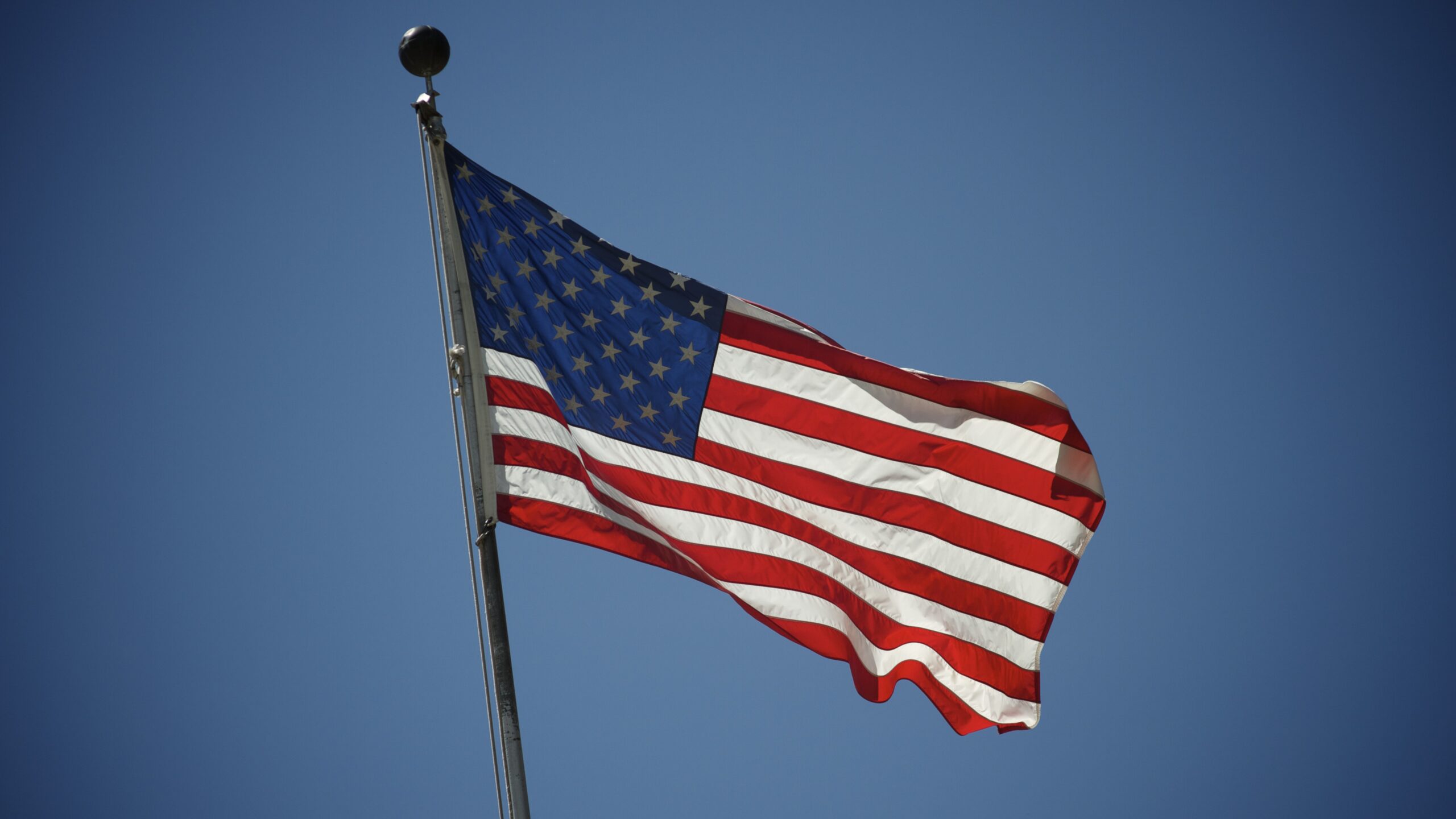Patriotism, the notion of homage and allegiance to one’s homeland, has been part of our DNA as long as civilization first came into existence. Patriotism, which is distinct from nationalism, stems from the Latin words patria (one’s native country or city) and pater (father).
The role of the ‘father’ in late Roman antiquity was not just one who exercised authority over the members of his household—that is, other family members and servants (who, in turn, were expected to show loyalty). He was also one who provided them with the necessary means with which his patrimony could eventually be securely passed on to his progeny. After inheriting his father’s estate, his heir (note that it was usually passed on to the eldest son) would be obligated to eventually do the same out of filial piety.
In like manner, we, as sons and daughters of the nation we were born in (or have chosen to make our own), are called to safeguard it against all internal and external threats—not just for our sake but for the welfare of future generations. Patriotism is thus also a virtue of filial piety.
Piety—a devotion owed to the gods and goddesses—was the most significant and consequential virtue that shaped Roman life. Indeed, in the words of the Great Orator Cicero, ‘it is by piety that we do our duty towards our kindred and well-wishers of our country and render them faithful service’.
‘Patriotism is thus also a virtue of filial piety’
In the Christian context, piety is an acknowledgment that God is the primary source of both life and government. But just as God requires our obedience, so, too, do legitimate authorities—parents, family, community, and state—who govern us. St. Thomas Aquinas, in his explanation ‘On Piety’, says that after God—who is ‘supremely excellent, and is for us the first principle of being and government’—gratitude for our well-being is owed to ‘our parents and our country that have given us birth nourishment’. Indeed, he holds that we as human beings are obliged to recognized this by ‘giving worship’ (i.e. render respect) to one’s country’. This includes ‘homage to all our fellow-citizens and to all the friends our country’.
Roots in Scripture
We as God’s children are bound by filial piety owed to our country, according to the Decalogue. When God gave Moses the Ten Commandments on Mount Sinai, as recalled in the Book of Exodus, every single Commandment entailed a proscription—that is, a directive forbidding certain actions. The only exceptions were the Third and Fourth Commandments: ‘Keep holy the sabbath’ and ‘Honor thy father and thy mother, that thy days may be long in the land which the Lord thy God gives you’.
The Third Commandment is of extreme importance, for it is a dictate of our fundamental obligation towards God Himself. In consequential manner, the Fourth Commandment is the first of God’s revealed precepts that expresses the Divine Will in regard to our relationship with our neighbor. It also establishes the structure of the institution of the family, i.e., the ‘children of God’ as distinct from ‘people of God’ (the Hebrews), whose members have the moral duty to love each other and give homage to the land inherited from God—the ‘children of God’ is more prominent that ‘people of God’ in the New Testament; this transition occurs when Jesus reveals himself as the Son of God, consequently revealing His Father as ours, too:
‘But when you pray, go into your room, close the door and pray to your Father, who is unseen. Then your Father, who sees what is done in secret, will reward you.’ — Matthew 6, 6
This piety is also extended to all those whom God has vested with authority, i.e., subordinates serving leaders, citizens serving their country, and those who govern the nation:
‘Let every soul be subject unto the higher powers. For there is no power but of God: the powers that be are ordained of God.’ — Romans 13, 1
This is reinforced by the Gospel narrative on taxation:
‘Render, therefore, to Caesar the things that are Caesar’s, and to God that things that are God’s.’ — Matthew 22. 15-21
The message here is quite clear, with Jesus Himself acknowledging a realm of legitimate secular authority under Caesar—i.e., the state. (Of course, even Caesar must then also render unto God.)
Identity Politics and the Degradation of Patriotism
One of the reasons Americans re-elected Donald Trump, aside the crisis at the southern U.S.–Mexican border and the economy, was a sense of a degradation of our patriotism with identity politics vis-à-vis LGTBQ+ and Black Lives Matter agendas, to name just a couple. Any private or public disagreement instantaneously labeled one as a fascist ‘anti-American’. This was a failed political tactic, which the Democratic Party and most media thought would win over, by patronizing them, those they referred to as ‘discriminated’ and ‘marginalized’.
‘Any private or public disagreement instantaneously labeled one as a fascist “anti-American”’
It is not that those who voted for Trump saw him as a ‘savior’, though some oddly did. Yet even registered Democrats, some of whom I spoke with, expressed frustration saying that their Party just went over the limit. In fact, many of them chose not to vote at all—the same for a number of registered Republicans. As author Sam Harris stated:
‘One lesson that I would be quick to draw from this election is that Americans aren’t really fond of seeing biological men punch women in the face at the Olympics. And if that sounds like transphobia to you — you’re the problem…. Trans women are people and should have all the political freedom of people. But to say that they are women — and that making any distinction between them and biological women, for any purpose, is a thought crime and an act of bigotry — that is the precept of a new religion. And it is a religion that most Americans want nothing to do with.’
George Washington, in his Farewell Address, urged us to ‘guard against the impostures of pretended patriotism’. In essence, we must be ever vigilant against those who wrap themselves in the flag, claiming to act in our best interests and that of the country, when in truth they use patriotism as a façade for self-serving purposes.
Patriotism is not merely an emotion; it is a duty and responsibility which we must all adhere to if society is going to survive.








